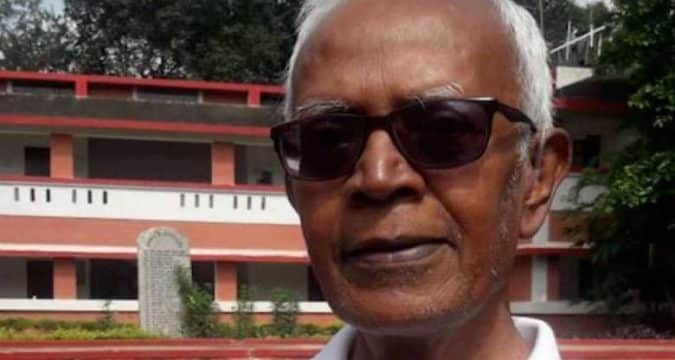
(UCAN): Church leaders in India have lauded the country’s Supreme Court for staying the invocation of a controversial 19th-century colonial sedition law.
In a historic decision on May 11, the top court’s constitutional bench , headed by chief justice, N.V. Ramana, directed federal and state governments not to invoke Section 124A of the Penal Code until its constitutional validity is examined.
“We expect that until re-examination of this law is complete it will not be used,” the bench said, ignoring opposition from the federal government.
Solicitor general, Tushar Mehta, representing the federal government, did not want the court to stay the operation of the sedition law totally, but instead wanted police to continue registering cases only if a police officer of the rank of superintendent of police found a valid reason.
The court, however, disagreed. It also directed those behind the bars under the controversial law to approach competent courts for appropriate relief and bail.
“The direction of the Supreme Court is welcome. It is to be noted that the sedition law has been exploited by ruling governments to suppress the voices of dissent. Even constructive criticism is not tolerated and labelled sedition. As once said by the court, sedition cannot be invoked to minister to the wounded vanity of governments,” Jesuit Father A. Santhanam, a lawyer based in Tamil Nadu state, said.
Father Santhanam urged the authorities to respect dissenting voices and welcome healthy criticism in the interests of the nation.
“This is huge. The citizens of India owe a big thank you to the judiciary,” A.C. Michael, senior office holder of the Alliance Defending Freedom, said.
“The Supreme Court’s move will certainly help protect civil liberties, human rights and the constitutionally cherished freedoms of the people of the country. This will benefit more than 13,000 Indians whose rights are suspended by a colonial law as all of them can now approach appropriate courts citing the present order for relief,” Michael said.
“This law has been repeatedly misused by all governments irrespective of the political parties that were/are in power. The only way to ensure the constitutionally guaranteed freedom of the people is to get rid of laws from colonial days which were especially framed to corner Indian freedom fighters by the British empire,” he added.
This law has been repeatedly misused by all governments irrespective of the political parties that were/are in power. The only way to ensure the constitutionally guaranteed freedom of the people is to get rid of laws from colonial days which were especially framed to corner Indian freedom fighters by the British empire,
AC Michael
Jesuit Father Stan Swamy, who worked with indigenous people, was jailed under this controversial law. The late priest was remanded in judicial custody under trial on 9 October 2020, a day after his arrest at his residence in Ranchi, capital of eastern Jharkhand state.
Father Swamy died on 5 July 2021, at a private hospital in Mumbai while undergoing treatment for Covid-19, Parkinson’s disease and other age-related illnesses.
He sought bail from the trial court and then Bombay High Court, but to no avail.
“Father Swamy and all implicated in the Bhima Koregaon case [in which one person died and several others were wounded in Maharashtra in January 2018] have been slapped by this draconian section of the Penal Code, thus even denying them bail for their treatment,” Father Santhanam pointed out.
“With the top court staying this provision, those put behind bars under this law are now entitled to bail without a second thought,” he said.
The Editors Guild of India and retired Major General S.G. Vombatkere challenged the sedition law on the plea that it has a “chilling effect” on free speech and is an unreasonable restriction on free expression, a fundamental right.
British colonial rulers imposed the sedition law in 1870 primarily to suppress the writings and speeches of prominent Indian freedom fighters. However, successive governments continued to invoke it, especially against Maoist rebels and other groups working against the interests of the country.
Its use, according to a database named “A decade of darkness,” has drastically increased since 2014 when prime minister, Narendra Modi, led the pro-Hindu Bharatiya Janata Party to power. More than 13,000 people were charged with sedition between 2010 and 2020.
The database recorded a 28 per cent annual rise in sedition cases between 2014 and 2020 compared with the yearly average between 2010 and 2014 when the Congress-led United Progressive Alliance was in power.








